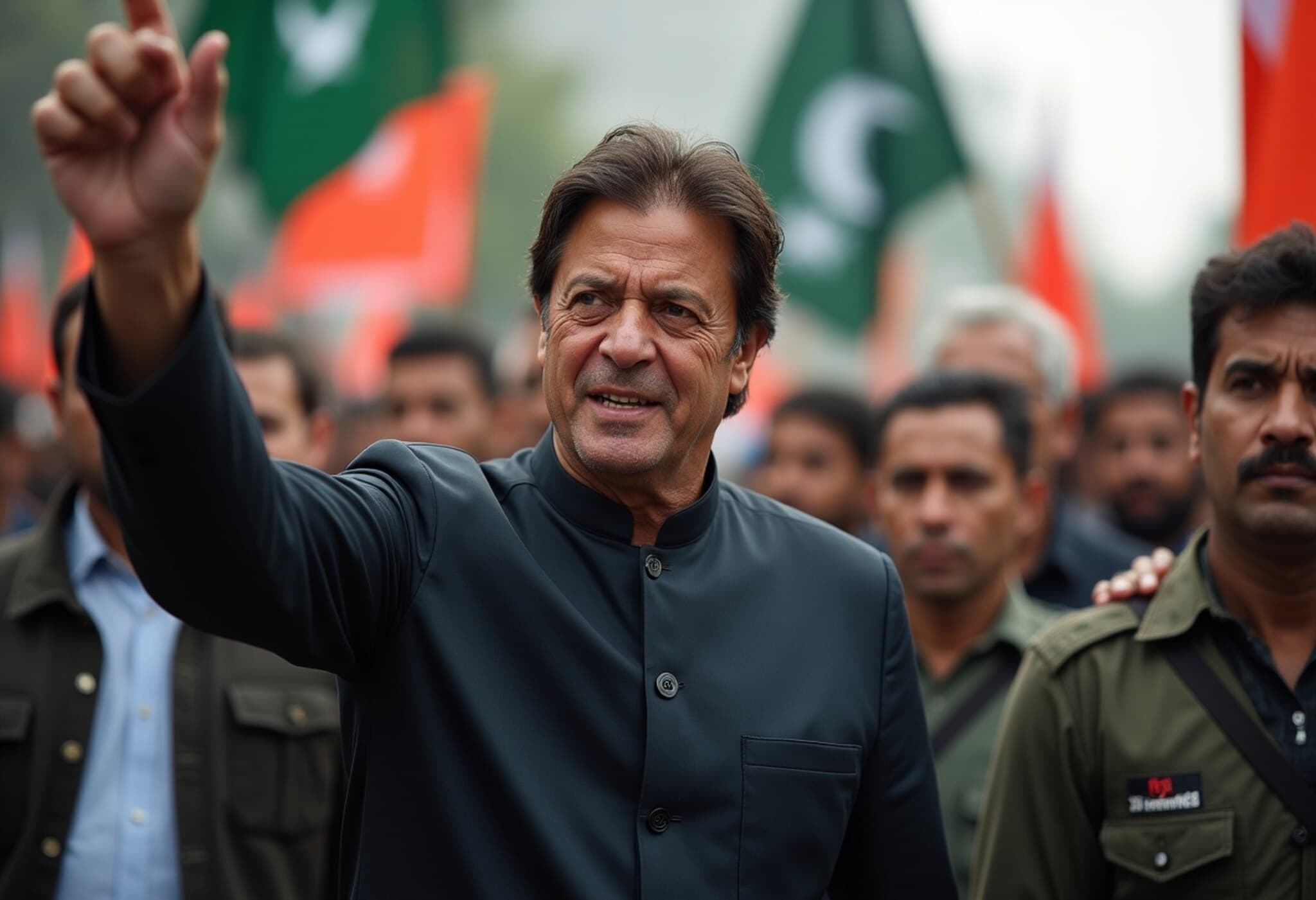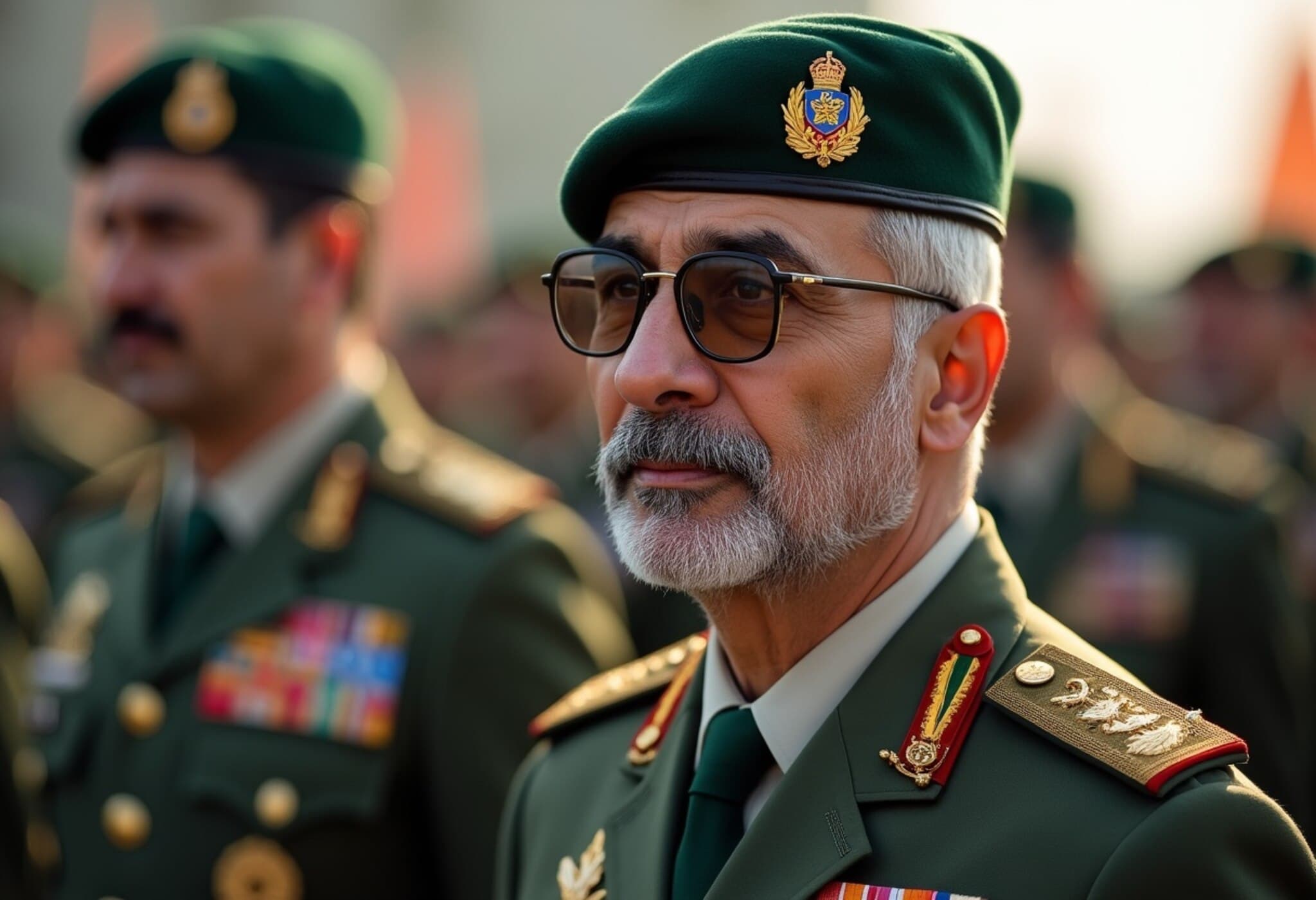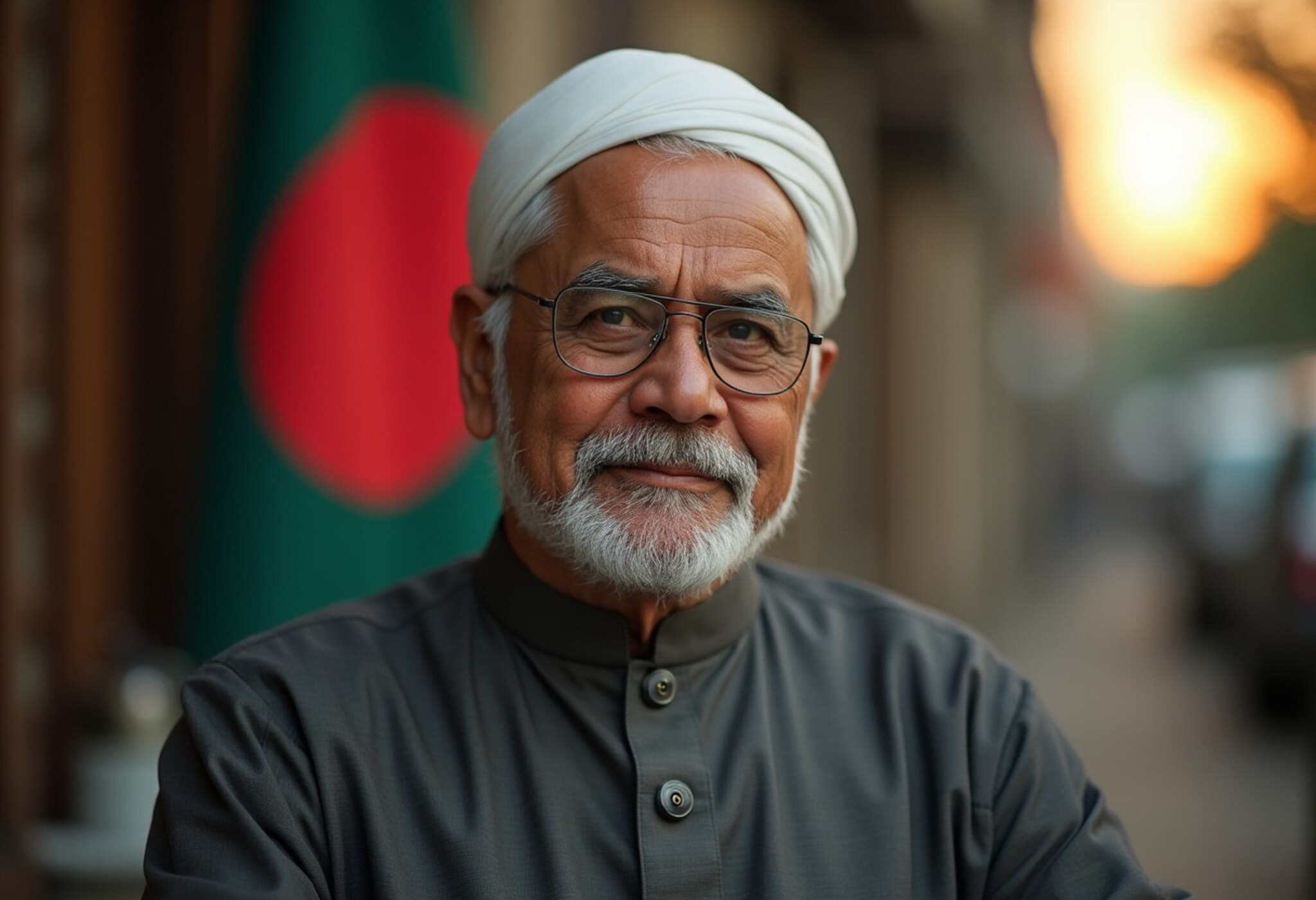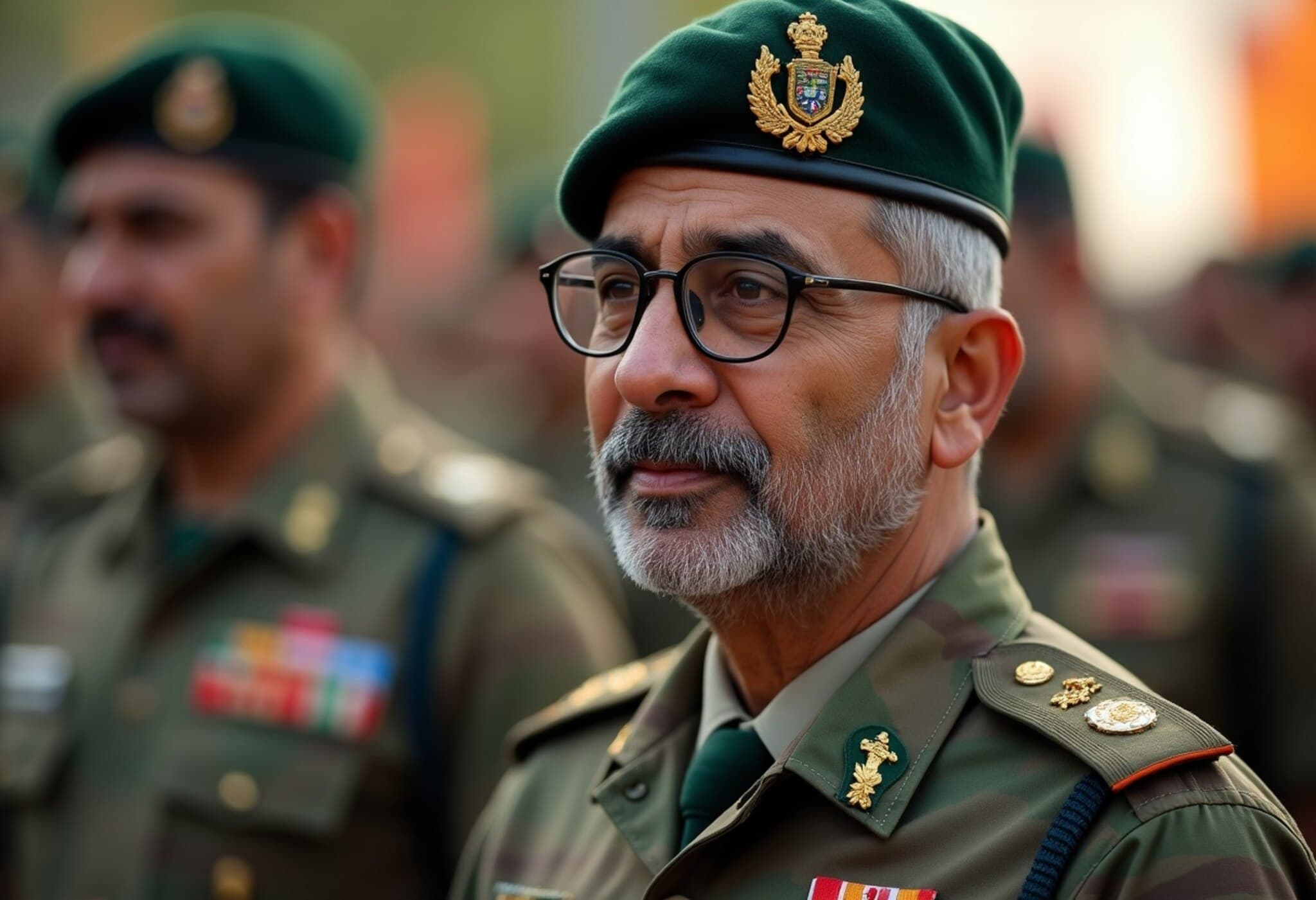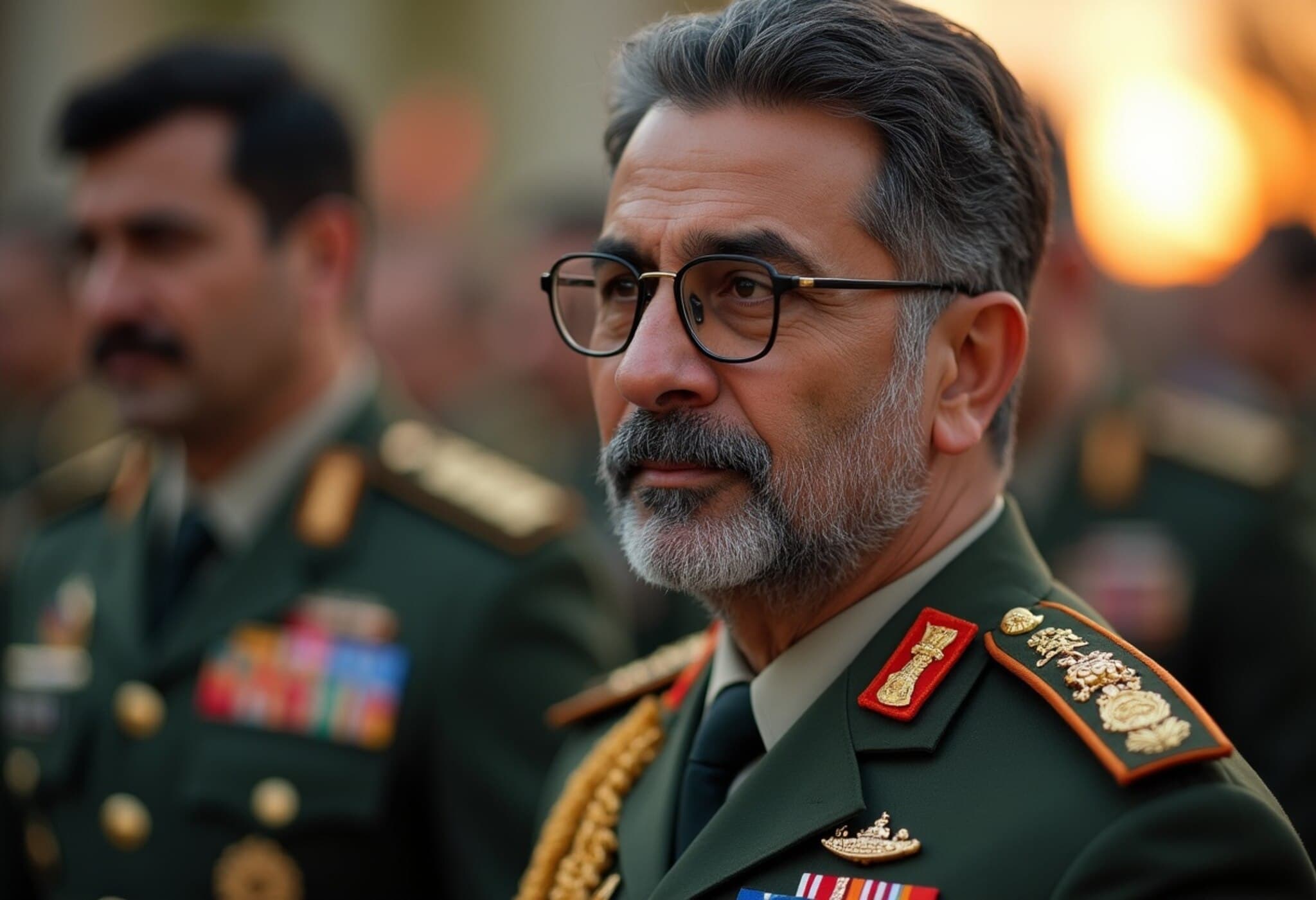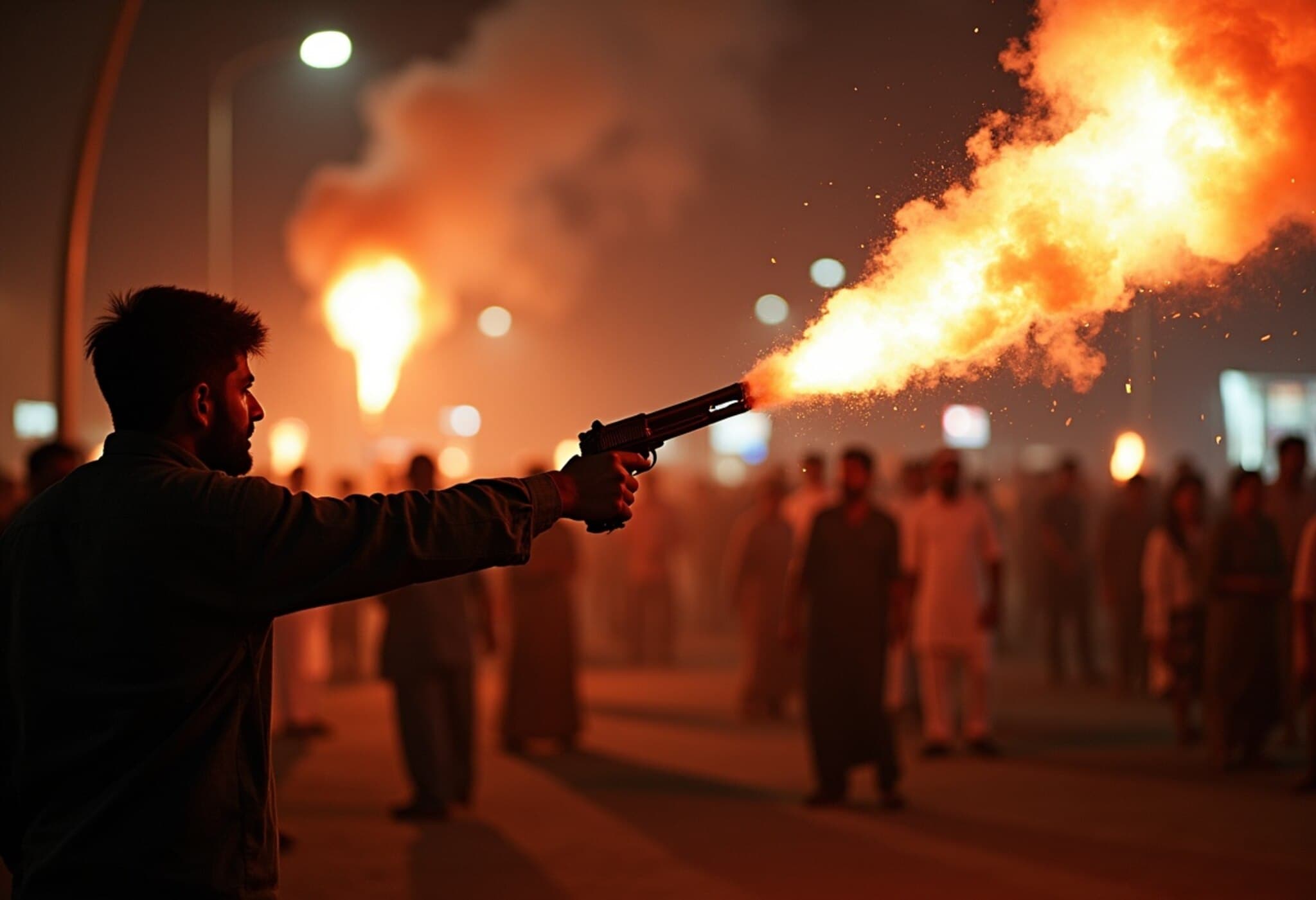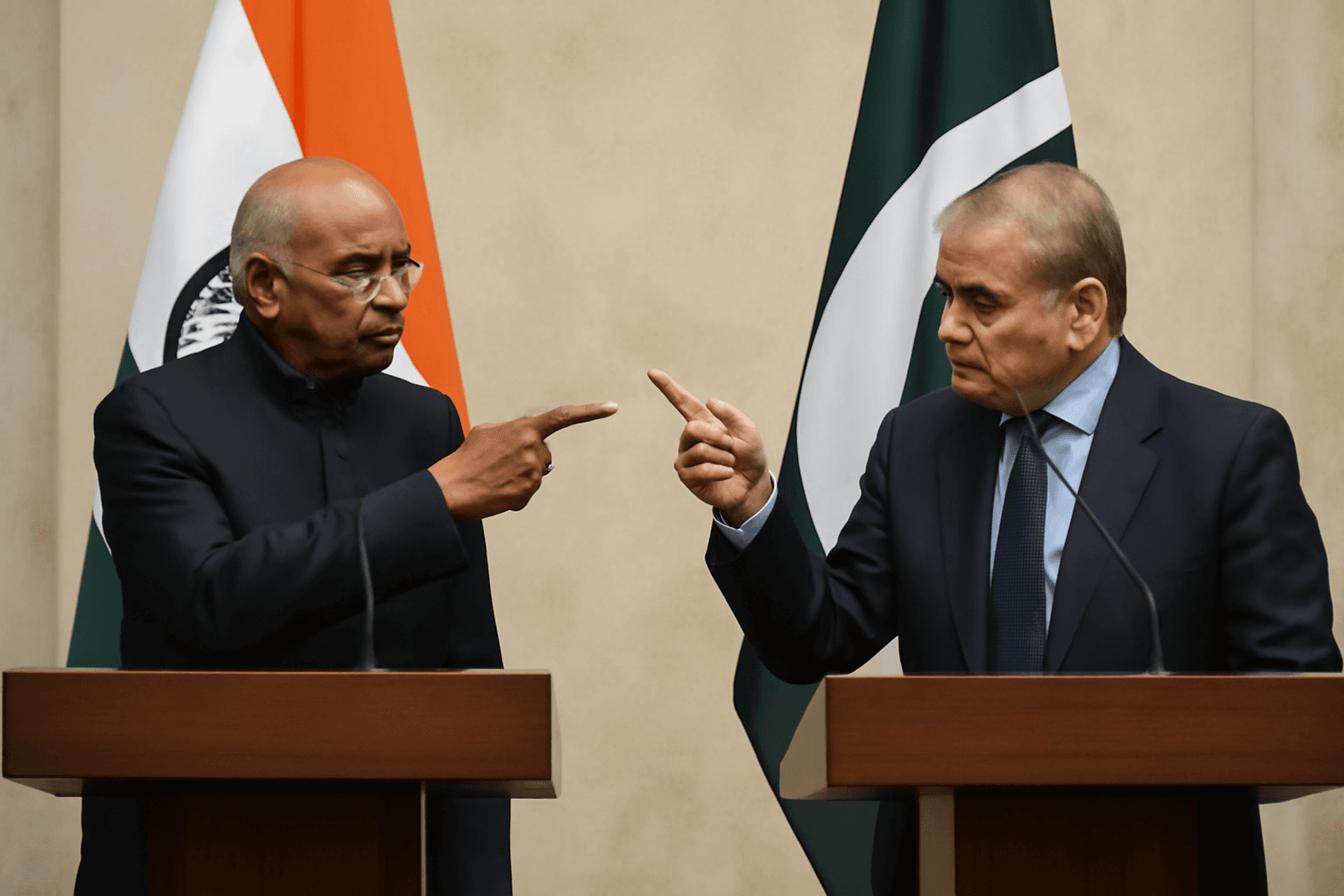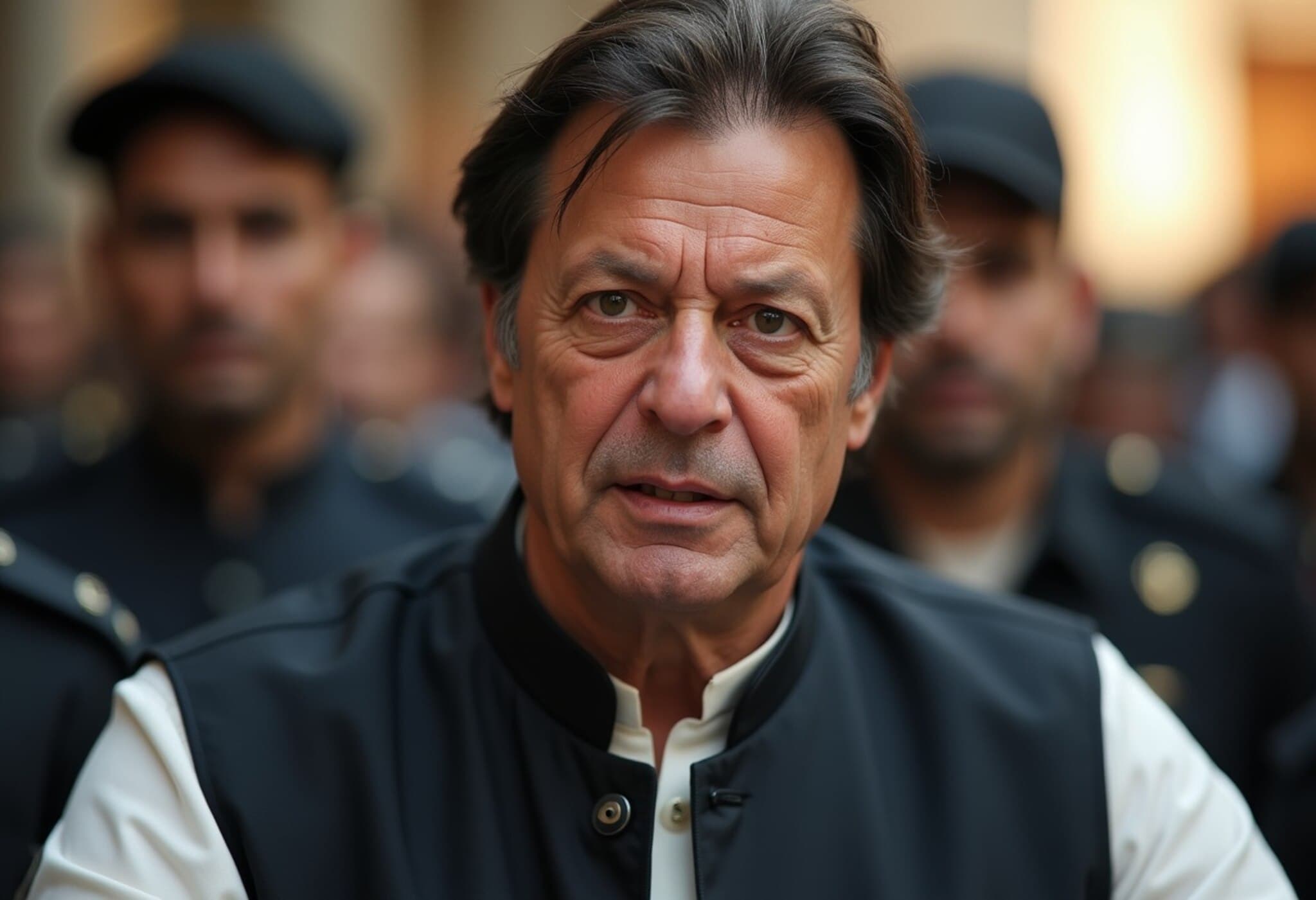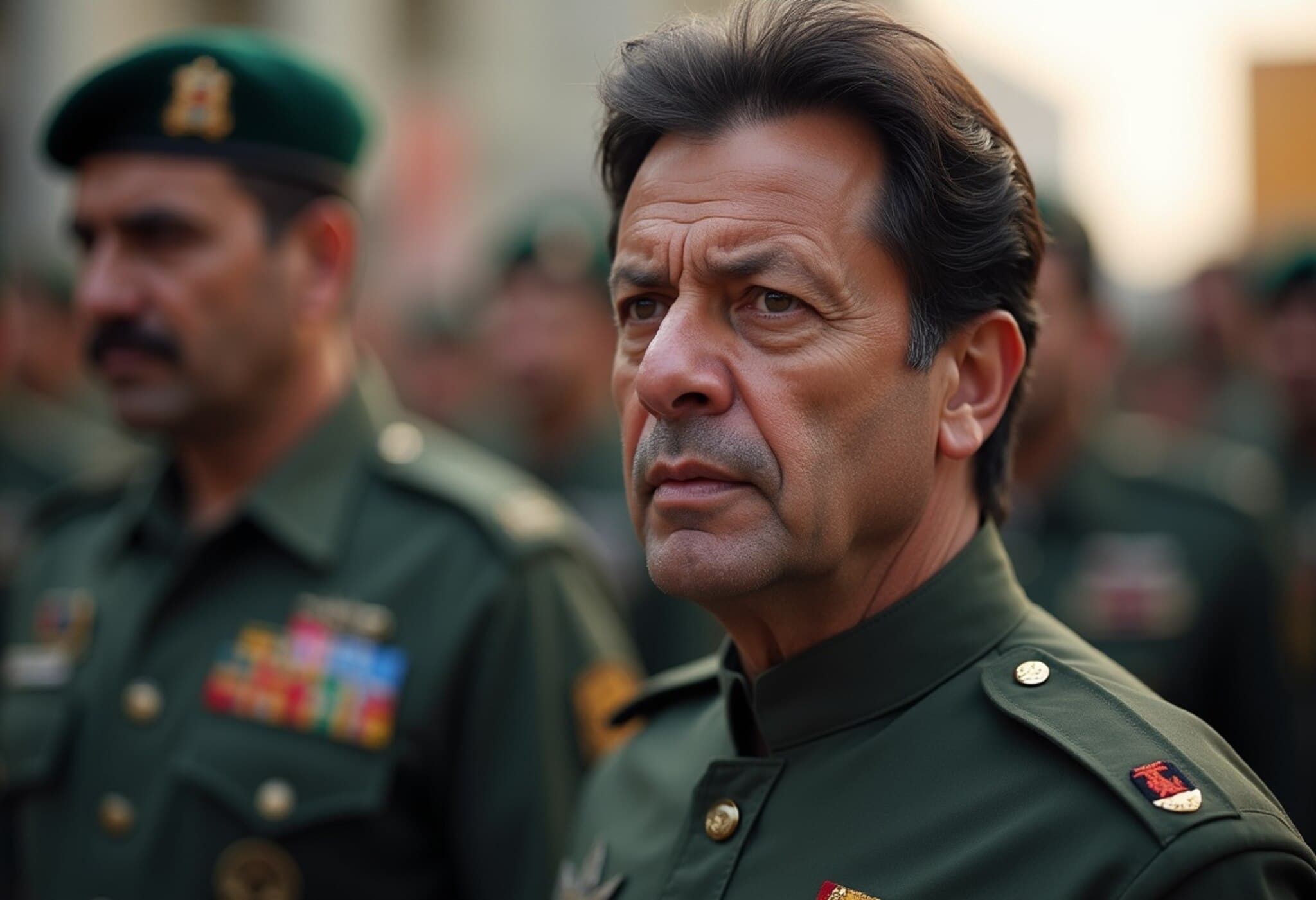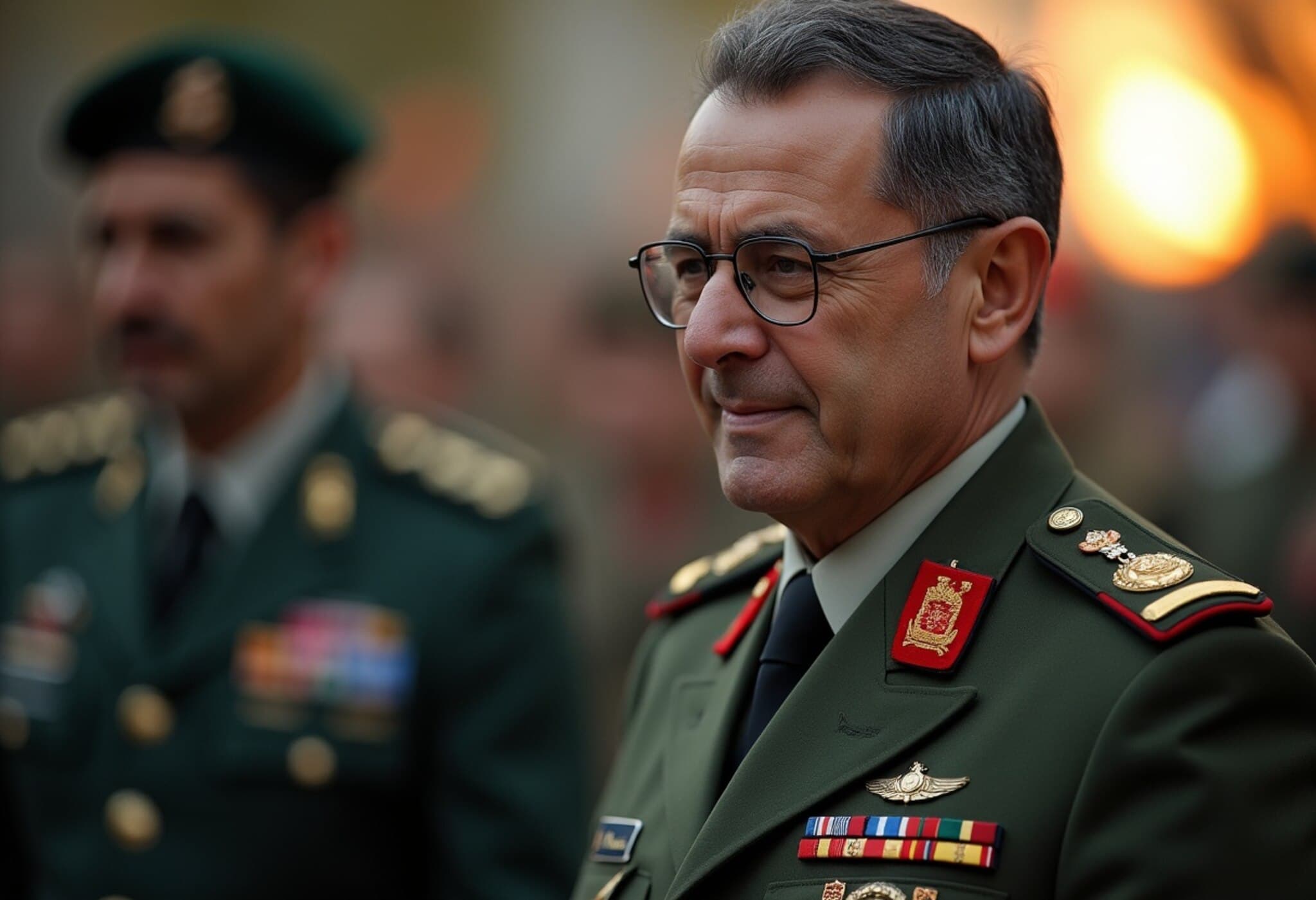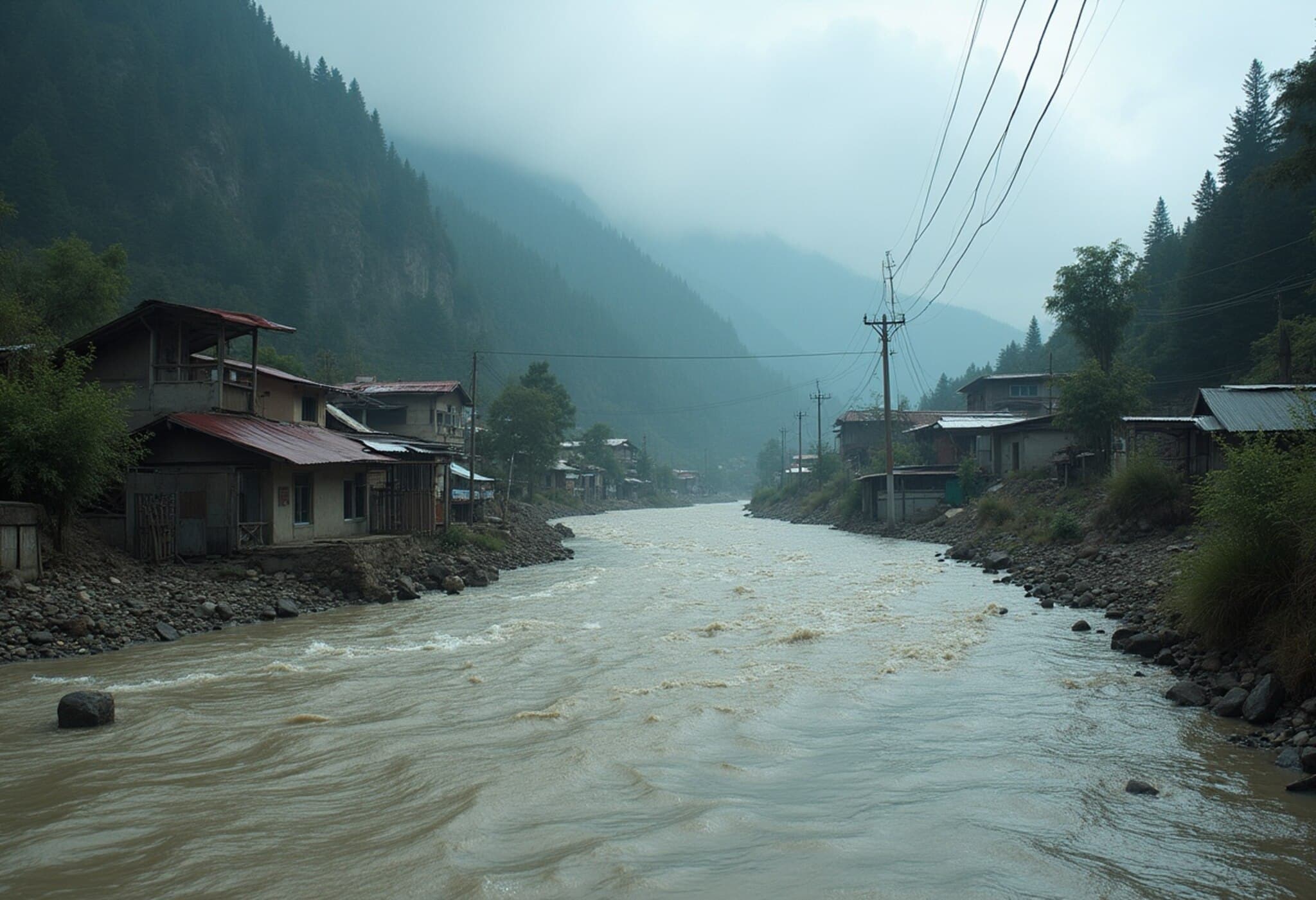Pakistan Marks Two Years of Imran Khan's Arrest with Nationwide PTI Protests
On August 5, 2025, Pakistan finds itself at a pivotal moment as the Pakistan Tehreek-e-Insaf (PTI) orchestrates widespread demonstrations to mark the second anniversary of the arrest of its founder and former Prime Minister, Imran Khan. These protests, planned across multiple districts, reflect ongoing tensions in Pakistan’s political landscape and highlight broader questions about the nation’s judicial system and democratic processes.
Background: Imran Khan’s Controversial Detention
Imran Khan was detained on August 5, 2023, at his residence in Lahore following a court conviction related to a corruption case. Since then, he has been held at Adiala Jail in Rawalpindi and faces multiple ongoing legal challenges. PTI and allied opposition parties, including the Tehreek Tahaffuz Ain-e-Pakistan (TTAP), maintain that Khan’s arrest is illegal and politically motivated, representing an alarming crackdown on dissent and democratic rights.
Preemptive Government Actions Spark Allegations of Repression
Zufiqar Bukhari, an adviser close to Khan, condemned what he described as unjust preemptive actions by the Punjab government aimed at stifling the upcoming protests. According to Bukhari, authorities have begun detaining PTI supporters in Lahore and Rawalpindi without warrants or formal charges, engaging in what he calls a "tyrannical" crackdown on free expression.
"Their only 'crime' is daring to announce a peaceful protest," Bukhari remarked, underscoring concerns about the government's approach to political opposition ahead of the demonstrations.
TTAP and PTI Stress Commitment to Peaceful, Legal Protests
In a press conference at the PTI District Secretariat in Swabi, Asad Qaiser, TTAP Secretary General, outlined plans for the day’s activities. He emphasized that protests would be peaceful and strictly adhere to Pakistan’s constitution and relevant laws.
Qaiser called for transparent legal accountability, stating, "If there is any evidence against Khan, it should be presented openly in court." He also highlighted Khan's role as a transformative figure who raised Pakistan’s profile globally and provided a vision for its future.
"Khan’s ongoing detention is more than a legal issue; it’s a direct blow to democracy and the rule of law in Pakistan," Qaiser added, framing this situation as a critical test of the country’s judicial independence and democratic maturity.
Decentralized Protests Across Key Districts
Rather than staging a mass rally in Islamabad, the PTI is focusing on district-specific demonstrations under Khan’s guidance. This decentralized approach aims to maximize participation while maintaining control and safety amid political sensitivities.
- Peshawar and Khyber: Protesters will rally at 3:30 pm from Hayatabad Toll Plaza proceeding towards Qila Bala Hisar under the leadership of Chief Minister Ali Amin Gandapur.
- Swabi: A day-long demonstration at Ambar Interchange begins at 3:30 pm and extends until evening prayers.
- Nowshera: Protest at Khairabad also set to commence at 3:30 pm.
To boost visibility and ensure accountability, PTI’s parliamentary representatives and ticket holders have been instructed to capture and share videos of local gatherings. These recordings are to be funneled up through district and regional party structures, highlighting a modern use of social media and digital tools to amplify grassroots activism.
Expert Insight: Democratic Resilience in Pakistan at a Crossroads
Pakistan’s political tug-of-war encapsulated by Khan’s imprisonment and the vigorous PTI protests points to a broader struggle over the country’s democratic norms and judicial autonomy. As American legal scholars observe, the intertwining of political authority and legal processes in emerging democracies often creates a delicate balance. Ensuring transparency and fair judicial procedures are essential for upholding democratic legitimacy and avoiding escalating polarization.
Moreover, these events emphasize the need for Pakistan’s policymakers to engage constructively with opposition voices to preserve stability and foster an inclusive political dialogue amidst a highly charged environment.
Editor’s Note
As Pakistan commemorates two years since the dramatic arrest of Imran Khan, the country faces a defining moment: Will the rule of law and democratic principles prevail in the face of rising political tension? The PTI's nationwide protests underscore persistent divisions and challenge Pakistani institutions to demonstrate impartiality and respect for citizens’ rights. Observers inside and outside Pakistan must watch closely, as the outcomes here could reverberate across South Asia’s geopolitical and democratic landscape.

